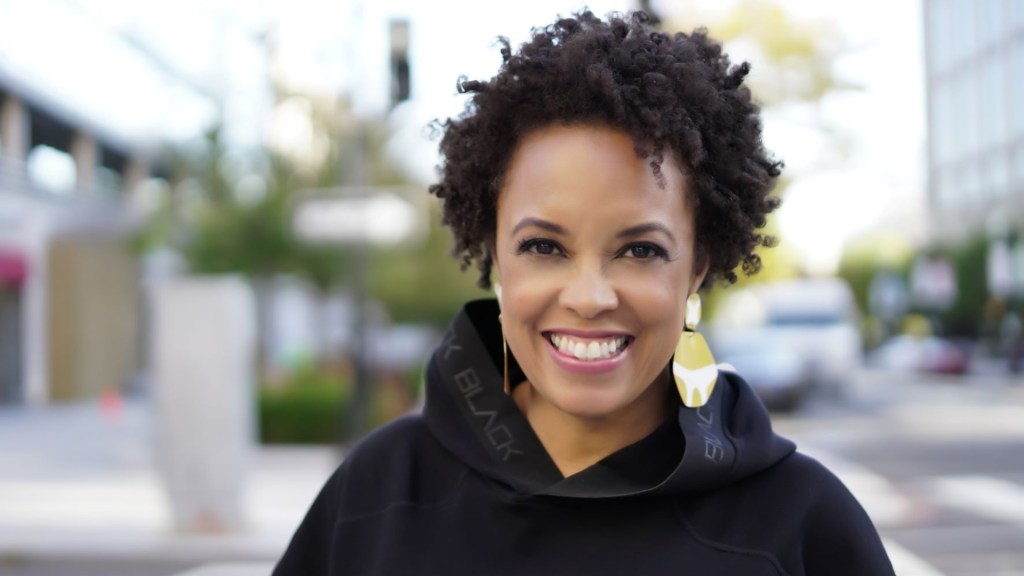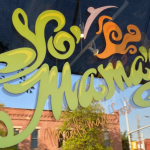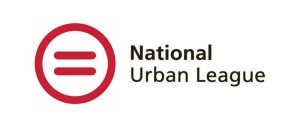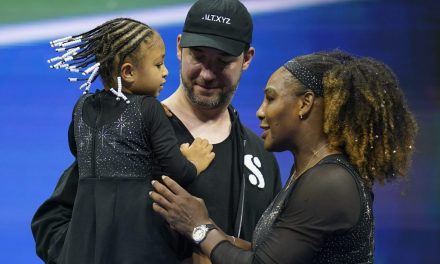By Aria Brent
AFRO Staff Writer
abrent@afro.com
Local business AfricanAncestry.com has been dedicated to uplifting Black people by further connecting them to their African heritage for over 20 years. With a unique genetic testing system that traces people back back to the African tribes they originated from, it’s providing consumers with personalized DNA results like no other.

(Photo courtesy of Gina Paige)
Co-founder and president of AfricanAncestry.com, Gina Paige spoke to the AFRO about the work of the organization, the importance of being informed of one’s heritage and how the genealogy process works.
AFRO : What is genetic ancestry tracing and how does it work?
Gina Paige: Genetic ancestry tracing is the research of a person’s family lineage using DNA. Genetic ancestry tracing works in many different ways. Fundamentally, a company will collect a person’s DNA, either through a cheek swab or saliva, they will sequence the DNA. As a non-scientist, I like to say they “unlock the code.” The lab unlocks the code of the DNA, and then they take that code, which is your genetic signature, and they compare it to the genetic signatures of other people. In our case, we take your DNA and we unlock the code of DNA that you’ve inherited strictly from your mother. So we look at your mtDNA, which is inherited from your mother and her mother and her mother and her mother. This mitochondrial mtDNA gives us an informative record of all of the women who came on your maternal line and we get your code just off that. Then we compare it to the largest database in the world of African genetic lineages and we look for matches.
AFRO: What establishes the difference between you and regular Ancestry.com?
GP : We’re different from them in many ways. We were in business before them. First of all, they don’t have any Black scientists or Black people in leadership like we do. We have a database of over 33,000 African reference samples and that’s what we use for the comparison. They have 1,825 African reference samples. Also, they don’t look at your mother’s line or your father’s line. They don’t get specific to the Fulani tribe in Nigeria or the Mandinka tribe in Senegal like we do. They look at all the DNA that mixed together and they are comparing you to 70,000 Europeans and 1,800 Africans. Some percentage of your ancestry comes from Europe. Some percentage comes from Africa. Some percentages may come from somewhere else within Africa. Based on these 1,800 comparisons, some percentages are from this region we call Ivory Coast and Ghana and some percentage comes from Cameroon, Congo and the Bantu region. Some percentage comes from Nigeria. They’re giving you an overview that ends up telling you that you’re from West Africa–which you already know without DNA.
AFRO : When was AfricanAncestry.com founded ?
GP: We launched African ancestry in February of 2003. It’s been 21 years and our company is the outcome of a collaboration between myself and an African American geneticist, Dr. Rick Kittles. He compiled this database because he wanted to know where he was from. He started his research from a personal desire to know where he was from. As he progressed in his genetics career, he was on the team of scientists that went to the New York African Burial Ground when it was first discovered in lower Manhattan in the late ‘90s and he was tasked with identifying the ancestry of the bones that were found in this cemetery of enslaved people. When the community found out that he could identify ancestry using bones, he got inundated with requests to do it . We partnered and I commercialized his research to make it available. Before Feb. 21, 2003, there was no way for us to know where in Africa we came from because there are no records.
AFRO: Why is it important that African Americans have access to this kind of
knowledge?
GP : Slavery worked– that’s my answer. Slavery worked and when you understand that then you don’t make asinine accusations that “you know you don’t know where you’re from.” No Black person in the diaspora knows where they come from. We just don’t because their intention was to disconnect us from our power. They pulled us from the power source. African ancestry exists to help Black folks across the diaspora transform the way we view ourselves. We’ve been sold a bill of goods that we’re not this and we’re not that and we come from slaves. We don’t have any history and all of these negative things which are categorically false. When you don’t know where you come from, then it’s very easy for you to fall prey to those kinds of traps and negative thinking. We help people transform not just the way we view ourselves, but the way we view Africa. Our goal is to reconnect the African diaspora and the motherland and we do it through DNA. That’s what we do and it’s important because if you don’t know where you come from you don’t know who you are.
AFRO: How has AfricanAncestry.com been used as a tool of empowerment or liberation amongst people of the diaspora ?
GP: People take this test for all different kinds of reasons. They may have traveled to Africa and people said, “Welcome home,” and they’re like, “Oh, is this where I’m from? Is this my home?” Or they may have friends here in the cities they live in that are from Africa, that say, “You look just like my cousin.” Or they may have studied countries or they may just have an affinity for a country or they may have done their genealogy and gotten back as far as they can and hit a brick wall because there are no Census records before 1870. There are all these things that happen to our records–if they were kept at all–and they want to bridge the gap. There’s so many reasons which means there’s so many ways that people are impacted once they get their results. Knowing where you’re from opens the door to a different travel experience because now you can travel to the place and you can lay eyes on people who do look like your cousins and your aunties and your uncles.
*This story has been edited for clarity.
The post Meet Dr. Gina Paige who’s reconnecting Blacks to their African ancestry appeared first on AFRO American Newspapers.











